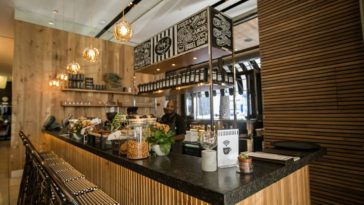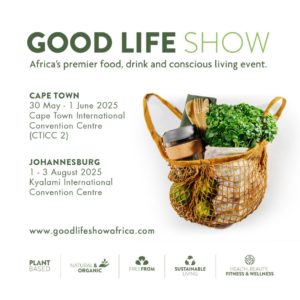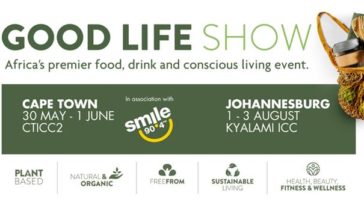Nederburg’s chief takeouts of vintage 2023 are wines with outstanding flavour, high acids and lower than average alcohol levels, according to cellar-master Samuel Viljoen.
He was speaking after the final leg of the harvest, just ahead of the Easter break.
“Generally cooler temperatures in the lead up to harvest ensured slow and steady flavour development with good concentration and good acids. Notwithstanding a few very hot but short spells during February and March, the days weren’t overwhelmingly hot. A steep drop in night temperatures also helped.
“These sympathetic climatic conditions, together with the impact of regenerative farming measures that are helping to make for more climate-resilient vines, and our careful canopy management all contributed to well-ripened fruit at lower sugar levels. We were able to pick at around 23° Balling, with alcohol levels down by 0,5% to 1% in some instances,” he confirmed.
Isabel Teubes, who is Nederburg’s viticulturist, said crop levels were slightly down on last year.
This is consistent with the experience of most growers across the Cape this vintage. Overall, a 6% decline is being expected, compared with last year’s intake. Our crop size was pretty much in line with that.

Good December rains had helped to ameliorate the impact of a dry winter and spring, she said.
“This was especially helpful for our dryland vineyards, keeping the vines in excellent shape right up until picking. Rains again in March helped the later-ripening reds. By then of course, the whites had all been harvested but in the main, the reds still on the vine benefitted from the good moisture levels in the soils.
“There’s general agreement within the industry that this year’s fruit has been of excellent quality. For us, it’s been pretty much a Goldilocks vintage with phenolic ripening at lower sugars, acid levels just right and beautiful, vibrant flavours. As far as the reds are concerned, the strong contrast in day and night temperatures was a boon for colour intensity, along with small berry size which created a positive skin to fruit ratio. Tannins were also perfectly ripe.”

Teubes said growers who were not reliant on irrigation, had had to work very nimbly around the challenges brought on by loadshedding.
“They had to contend with constant interruptions to irrigation schedules, but farmers are nothing if not resourceful. Fortunately, the cellar wasn’t impacted, thanks to the installation of solar panels and generators.”
Viljoen added that “the slower, consistent ripening meant grapes were coming in at a steady pace, rather than in fits and starts, and that made things easier to handle logistically. We were grateful for having access to power in the cellars. Without it, controlling ferments would have been extremely difficult.
“Whole-bunch and submerged cap fermentation are giving our reds vibrant fruits and beautifully supple tannins. We’re expecting outstanding, age-worthy Cabernet Sauvignon wines. I can say the same for our other reds too, some of which will feature solo and others in our Cab-based blends.
“Our whites, especially the Sauvignon Blanc and Chardonnay, are showing beautifully with remarkable purity of fruit.
“All round, we are very excited about vintage 2023.”







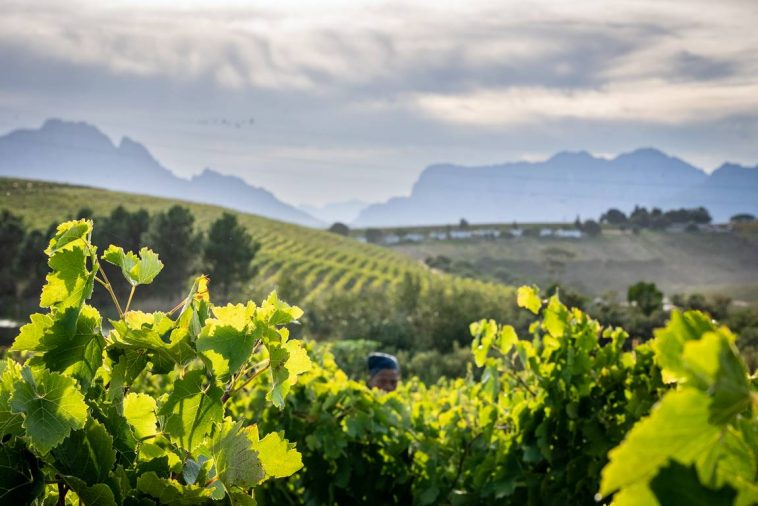

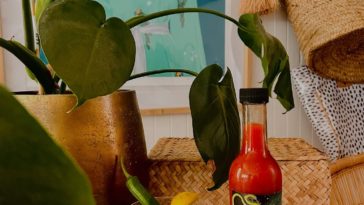

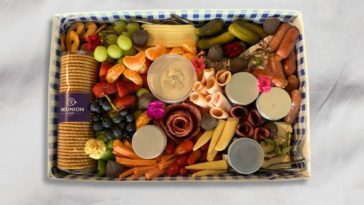


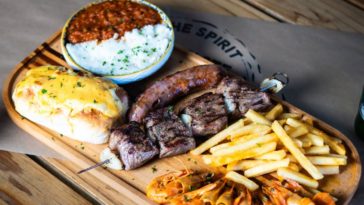

 What’s on the Plate? We’re talking 300g of juicy beef espetada—perfectly grilled and dripping with bold, smoky […]
What’s on the Plate? We’re talking 300g of juicy beef espetada—perfectly grilled and dripping with bold, smoky […] 